Revelation Ch 18-19 Bible Study
The Book of Revelation.
Chapter 18-19
This is an AI Recap of the class. Some things may be incorrect.
Quick recap
Cris led a Bible study session focused on Revelation chapters 18 and 19, exploring themes of judgment, repentance, and the triumph of good over evil. The discussion covered various biblical concepts including kavok, the impermanence of material possessions, and the contrast between temporary worldly power and the enduring strength of the Kingdom of God. Cris and the group examined the violent imagery and symbolism in Revelation 19, discussing interpretations of Christ as a warrior and the significance of divine judgment, while also touching on historical and linguistic aspects of the text.
Next steps
Next steps were not generated due to insufficient transcript.
Summary
Bible Study: Revelation's Triumph
Cris led a Bible study session on Revelation, focusing on chapters 18 and 19. He explained that chapter 18 describes the fall of Babylon, symbolizing the end of a corrupt and luxurious system, while chapter 19 highlights the victory of Christ and the contrast between his kingdom of love and service versus the Antichrist's realm of warfare and death. The group read and discussed the passage, focusing on themes of judgment, repentance, and the ultimate triumph of good over evil.
Impermanence of Material and Corporate Success
Cris discussed the biblical concept of kavok, which describes seemingly important and heavy things that quickly disappear, drawing parallels to the impermanence of material possessions and corporate jobs. He explained that despite people's efforts to become indispensable, they are often quickly replaced, much like water filling a bucket. Cris interpreted the reference to things drying up in an hour as a metaphor for the fleeting nature of war, famine, and other apocalyptic events, emphasizing the need to invest in people rather than temporary material wealth.
Kingdom vs. Materialism in Revelation
Cris discussed insights from a Matthew sermon series, emphasizing that Jesus built his church on people rather than solidified beliefs. They explored themes of materialism, deception, and the fleeting nature of wealth in Revelation 18, noting how these themes resonate with modern society. Cris highlighted the contrast between the temporary power of the world and the enduring strength of the Kingdom of God, represented by the Lamb. They also touched on the Jewish origins of the judgment against Babylon, emphasizing its association with wickedness and materialism.
Divine Justice and Collaborative Trust
Cris discussed the importance of balance between control and trust, emphasizing that being less controlling allows for better collaboration and serving others. They then delved into a detailed analysis of Revelation 19, focusing on the imagery of salvation, judgment, and the marriage of the Lamb, highlighting the themes of righteousness and prophecy. The discussion concluded with Cris interpreting the vision of a rider on a white horse, representing divine justice and authority, and an angel summoning birds for a symbolic feast.
Interpreting Revelation's Violent Imagery
Cris led a discussion on the violent imagery in Revelation 19, focusing on the lack of violence from the good guys and the presence of the sword of the Lord. They debated the interpretation of the battle scene, with Cris suggesting that the violence described may be metaphorical rather than literal. The group also discussed the use of "great and small" imagery in the text, comparing it to C.S. Lewis's Chronicles of Narnia.
Christ's Warrior Image in Revelation
Cris and Elaine discussed the imagery and symbolism in Revelation 19, focusing on the depiction of Christ as a warrior on a white horse, his robe dipped in blood, and the sharp sword coming out of his mouth. They explored the connection between this imagery and the earlier references in Revelation and Isaiah, interpreting it as a representation of divine judgment and the victory of the Lamb that was slain. They also considered the balance and harmony in the Hebrew language, which Cris suggested might be reflected in the text's imagery.
Jesus' Victory Over Power Struggles
Cris discussed the biblical passage about the beast and the battle, emphasizing that the battle was already won by Jesus, who died and rose again. He explained that the hubris and attempts at domination by powerful figures would ultimately collapse, as seen throughout history.
